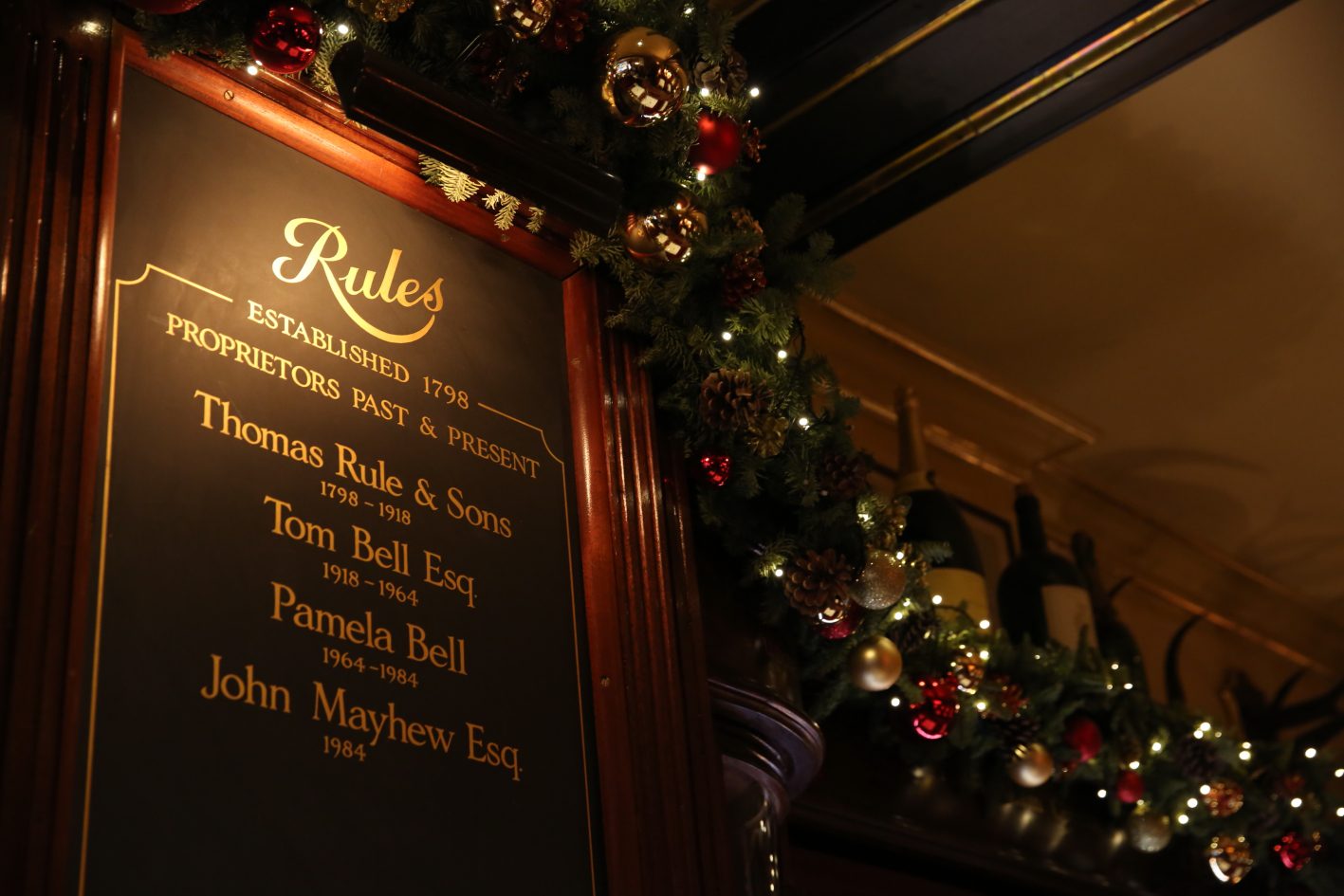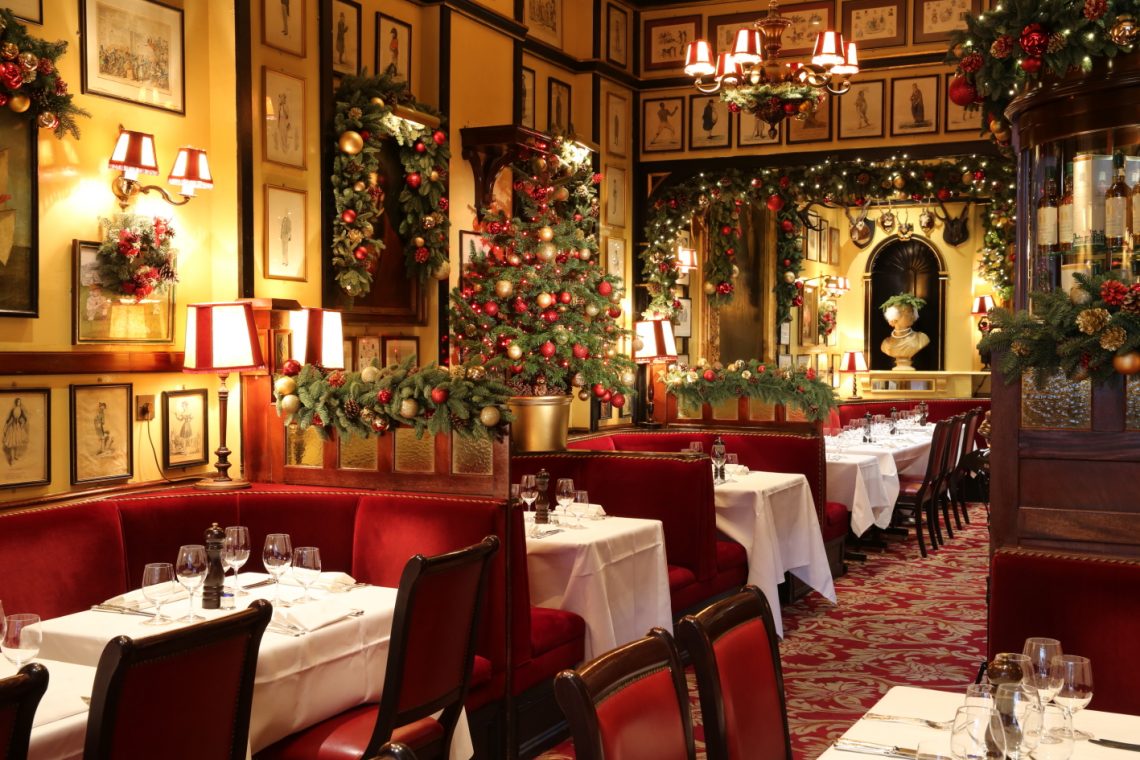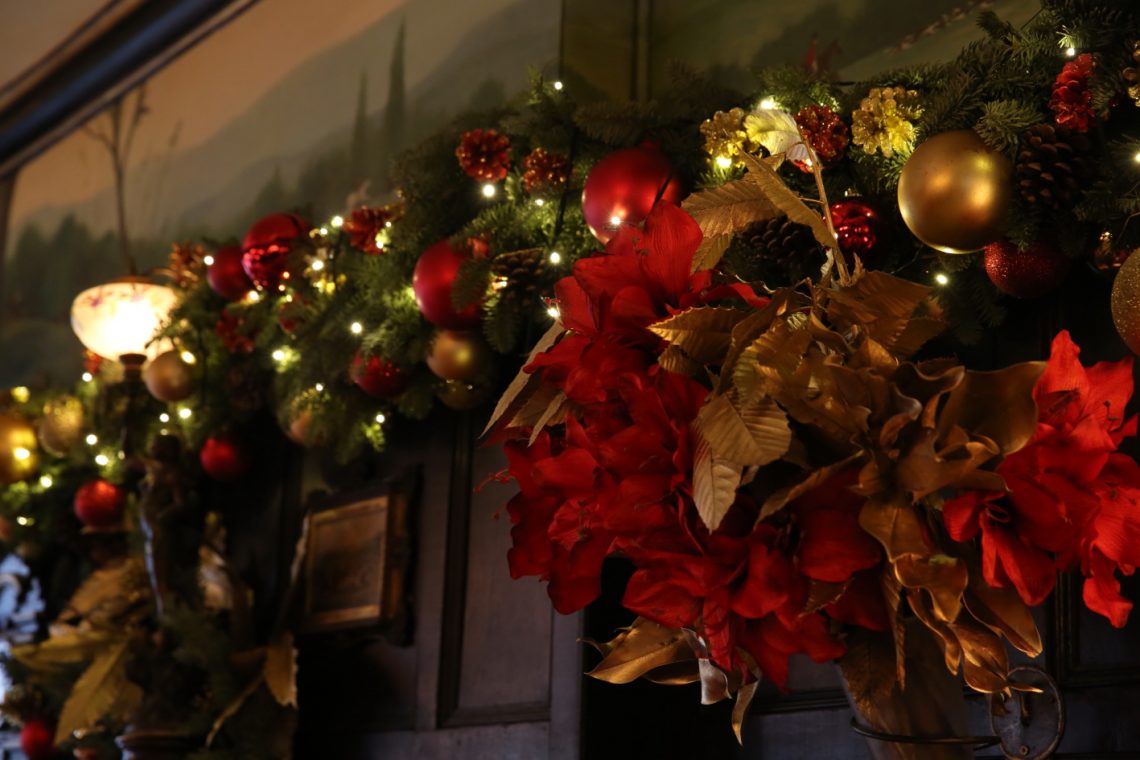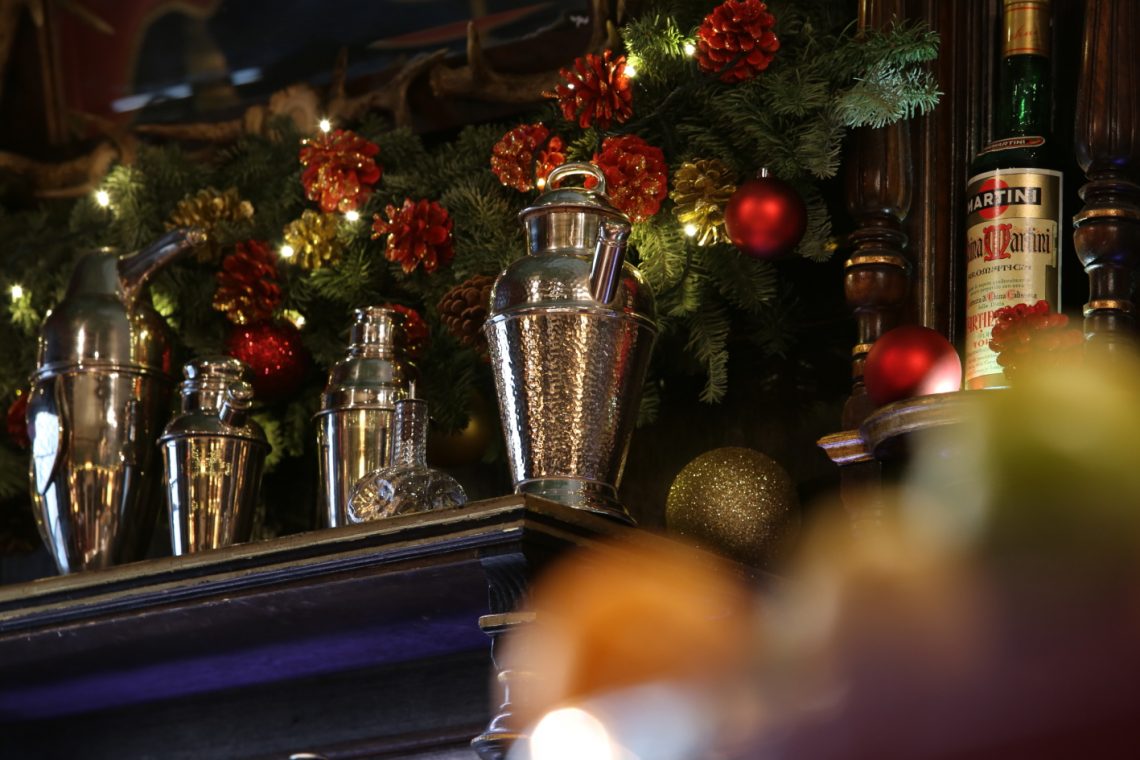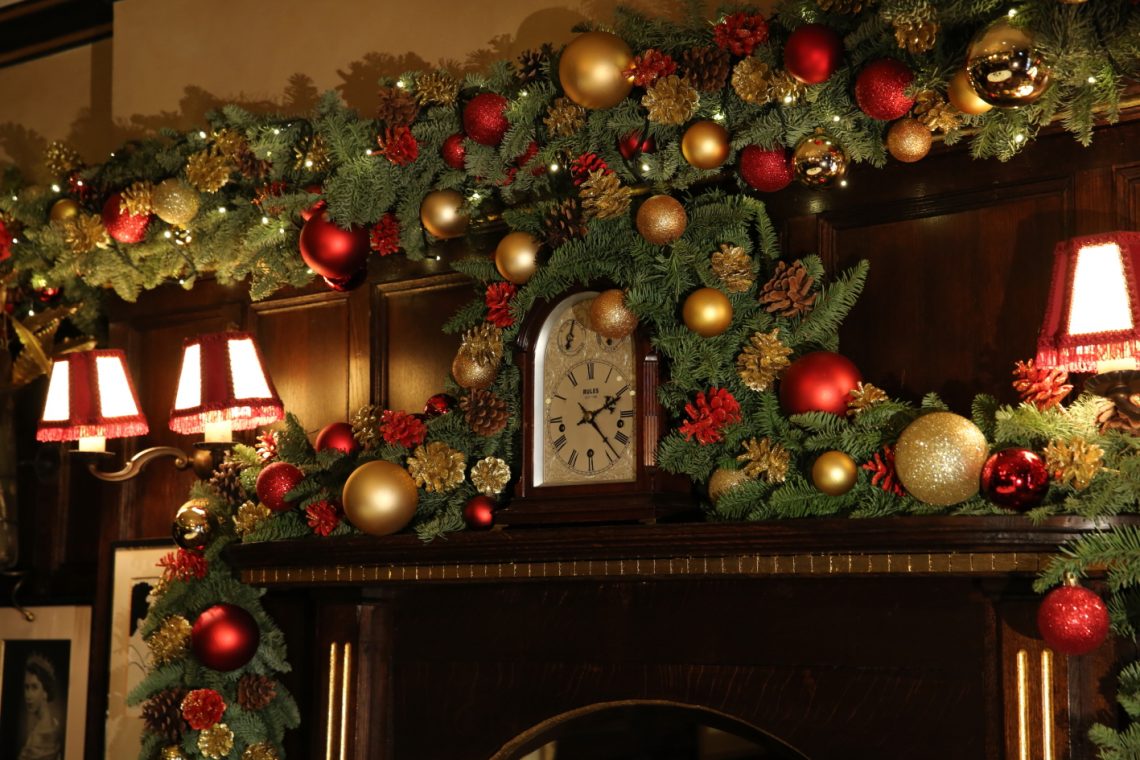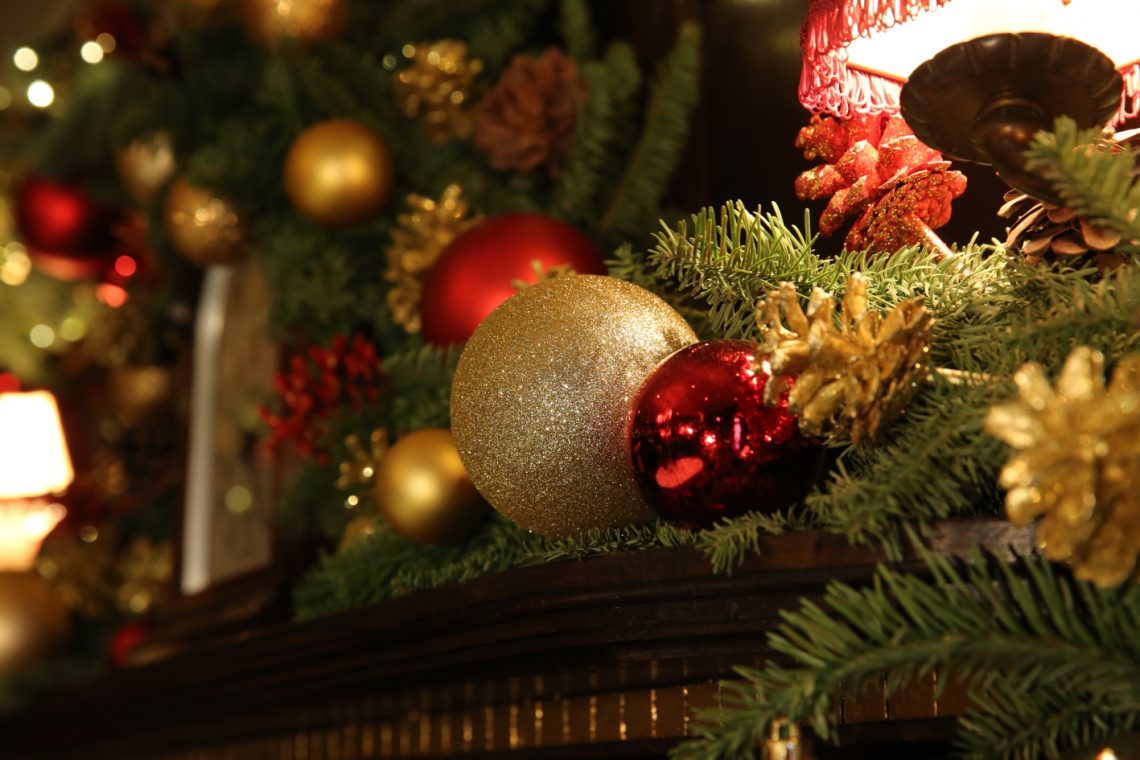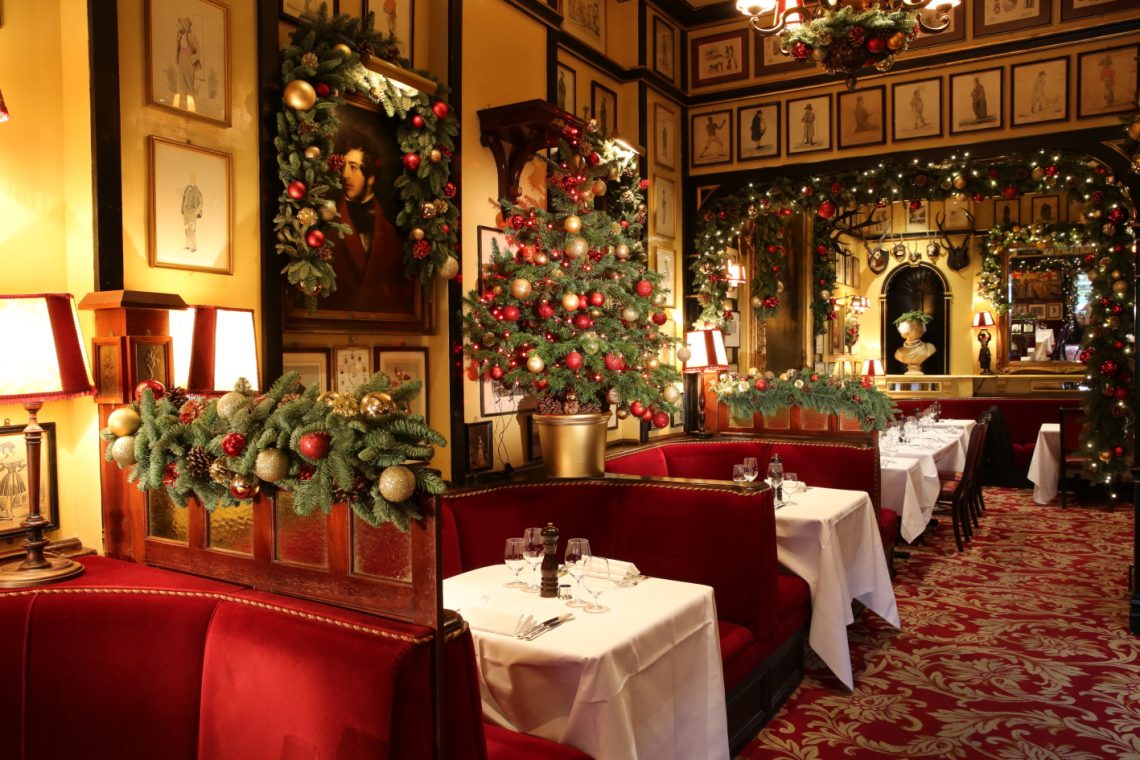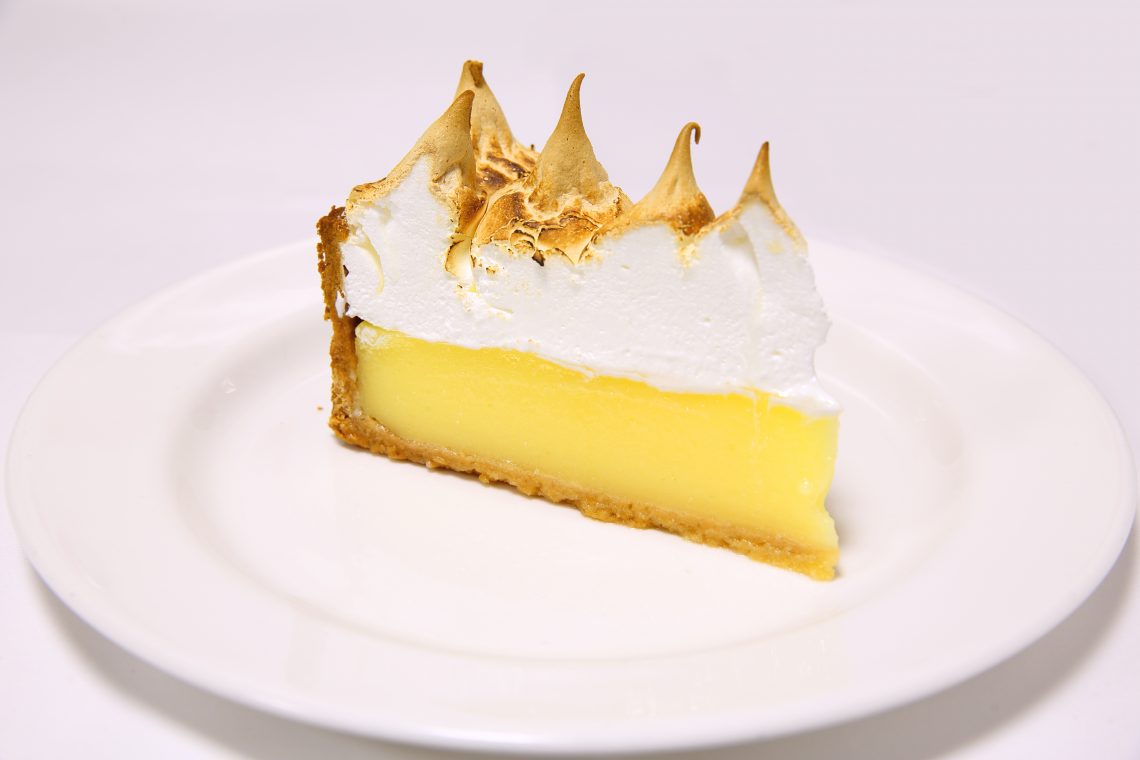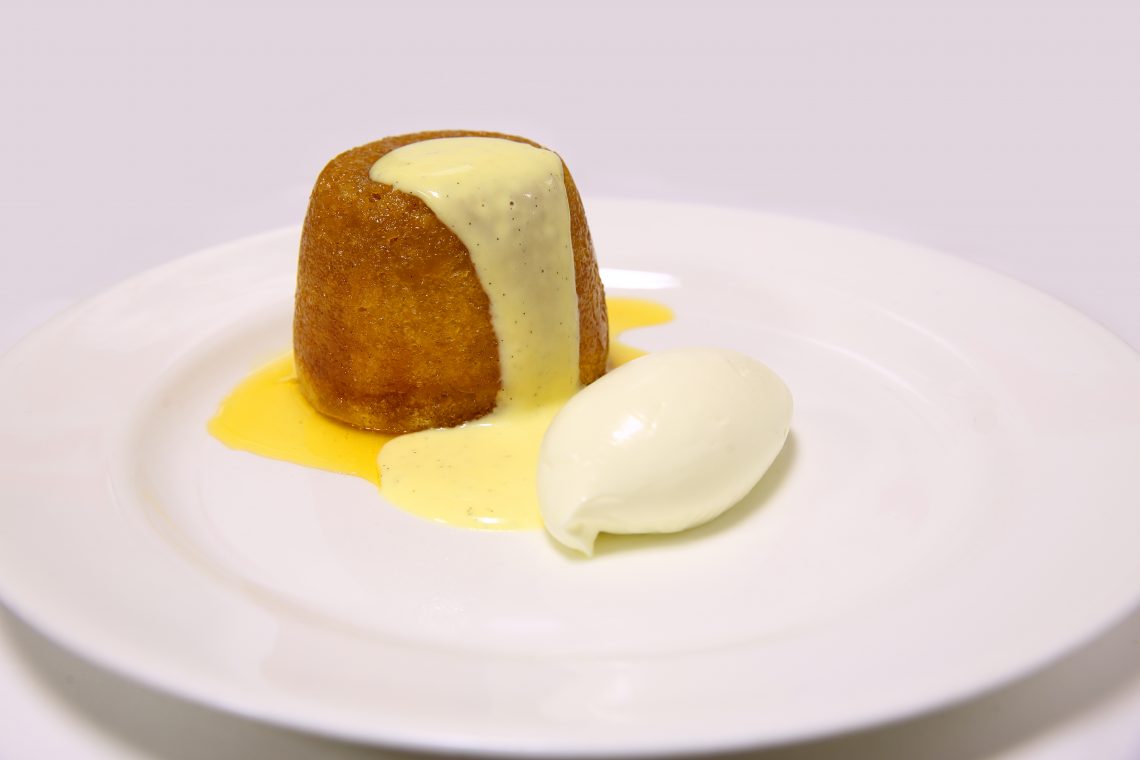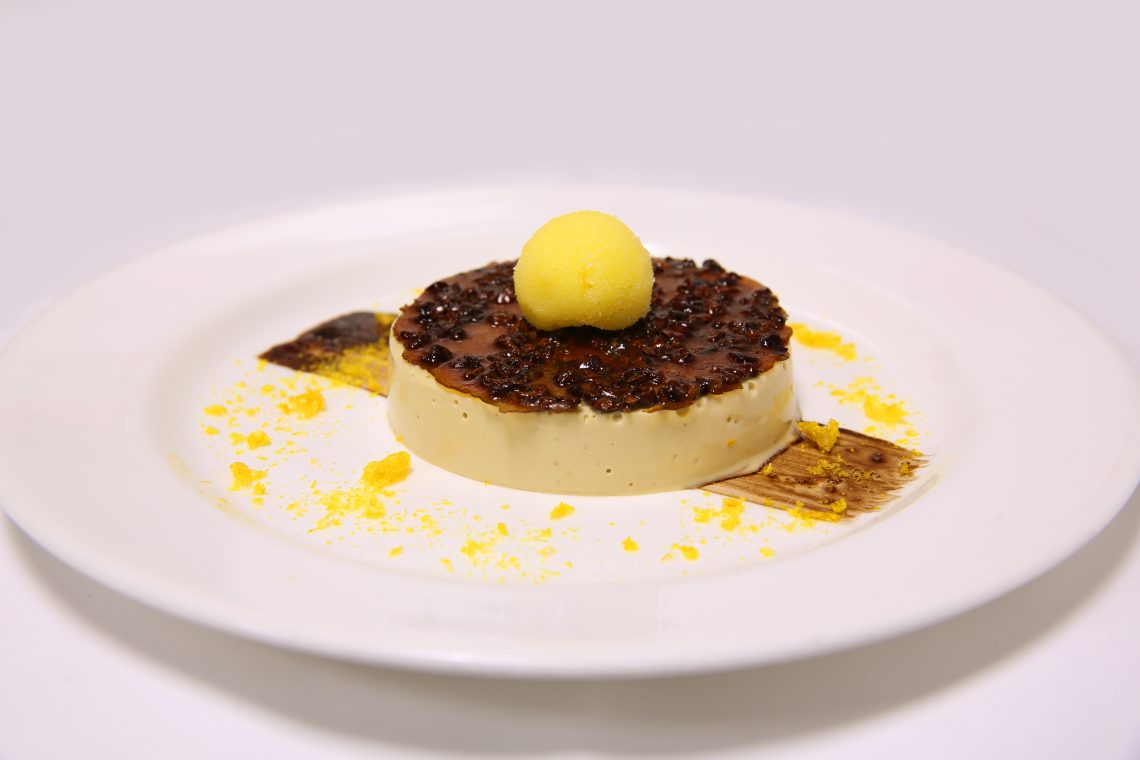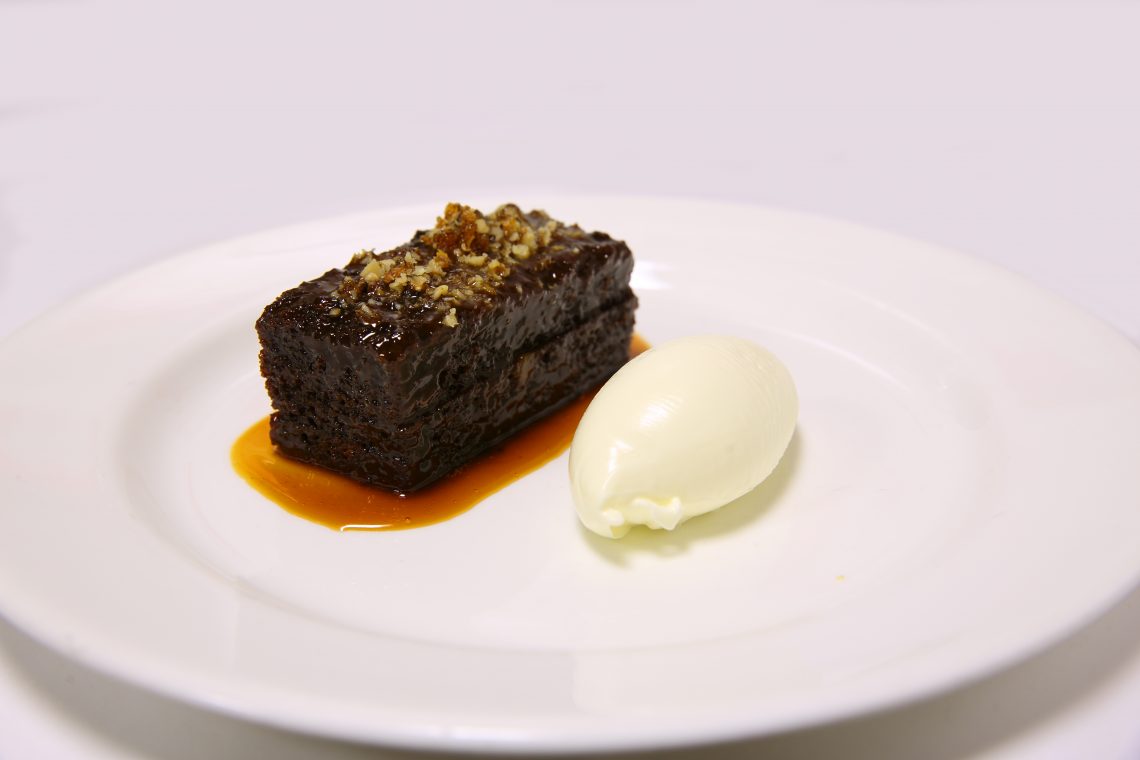It’s survived universal suffrage and two world wars: restaurant Rules reviewed.
It carries on serving golden syrup pudding as though nothing has happened, and makes everything OK.
Rules looks as if it voted for Brexit, and now finds itself inside an eternal Christmas Eve, where it is always Christmas, and always Brexit. And what a gay Brexit, with swags and flounces and light bouncing through the windows on to Maiden Lane, like a child’s vision of hope. Or is it illusion? Does a chimney contain Arron Banks as Father Christmas with gifts in his sack marked ‘depression’, ‘delusion’ and ‘starvation’? Will he get stuck and go shouty-crackers on Twitter? Is Nigel Farage sipping a pint of lager, pretending to be a good elf? The sort of elf that politically alienated elves can identify with and follow, until they learn the depths of his betrayal and drink only tears, because the lager has gone and is not coming back, and neither, I must tell you, is the empire?
No matter, for we are in Rules, and nothing hurts in this tall Victorian house with its wonky rooms and faded staircases to unknowable attics. Or rather, the worst has already happened, and Rules still stands and serves golden syrup pudding, which no one else does, because it kills with angina, and its companion psychological disorder, which is hubris.
Rules (est. 1798) is older than the Great Reform Act and universal suffrage and two world wars. Charles Dickens used the loo. It will outlive us with its slightly Hobbesian name, and this is comforting. If you dine in a restaurant that feels eternal, you are a speck of dust on the prong of a fork. That is only a metaphor. Rules is shabby but very clean. It has seen heart attacks, which will not shock anyone who has read the menu and knows that Rules has regulars who freebase claret in one-person booths; and the ceiling has fallen in, with no interruption to service.
For the compulsive eater, therefore, Rules is not a restaurant; it is too profound for that. It is a character in a novel — Graham Greene put it in The End of the Affair, for he knew about pain and how to soothe it — and it is a church.
I’m sitting at the table M had in Spectre, from which he peered at photo-s of Blofeld’s stupid desert lair — no Christmas decorations there, for Bond villains are joyless and inadequate — and said Bond was on his own, which is how he likes it.
Dream-makers love dream worlds, and theatre people still call Rules ‘the theatre after the theatre’. For them, it does takeaway; that is part of its myth. Terence Wood, the former maître d’, used to deliver steak and kidney pudding to Elaine Paige’s dressing room at the Adelphi Theatre when she played Norma Desmond (who was never as fragile as she looked), and he has walked to Soho with trays of fish when Gay Pride made the streets impassable to taxis. Lord Lloyd-Webber sometimes lurks in booth no 3, with fish pie; when Love Never Dies,his unwise sequel to The Phantom of the Opera, was running, he used this booth as a green room, and was as permanent as a light fitting. Michael Ball celebrated his 50th birthday here.
But Rules has never been fashionable, in the way that Rodgers and Hammerstein, and rain, were never fashionable. It just is, and the portions are too large to tempt the modern rich in any case; have you ever seen a tech billionaire gnawing a cow bone? Rules is open to all who can make reservations; it is classless, like the shop at Buckingham Palace that sells maids’ uniforms and wooden spoons, and in doing so, tells you every-thing about monarchy. It is full of the doughty, the droll and the badly dressed: English people, then, on holiday to the filming locations of Downton Abbey — they shot a love scene here — and wealthy tourists sitting in London in 1910. I watched a Norwegian businessman submit to the five stages of drunkenness and, like M, slide under the enormous Christmas decorations and out into the night.
Rules practises self-worship and it has earned it: the private rooms are full of dead writers’ natterings and Edward VIII’s unused bottles of booze. It is so old that if it were a person I would not eat it, but I love its food. The staircase is lined with ancient menus promising vegetables for 40 pence, and I can imagine, as I pass them, Graham Greene licking a carrot. It is game, fish and beef from its own estates at Lartington in Yorkshire, and it is plain and perfect. I eat smoked salmon on soda bread, and beef on the bone with Yorkshire pudding, gravy and gratin dauphinois, and golden syrup pudding with custard, served by waiters dressed as concert pianists, grave and inscrutable.
And I find, as I sit under the ludicrous Christmas decorations and the souvenirs of a lost empire, that I am not frightened of Arron Banks’s shouty-crackers Twitter account, and visions in which Nigel Farage is dressed as an elf. Of course it won’t be OK; this is all illusion. I just feel that it will be OK if the golden syrup pudding holds, and that is the sorcery of a great restaurant and an ebbing dream. Merry Christmas.

